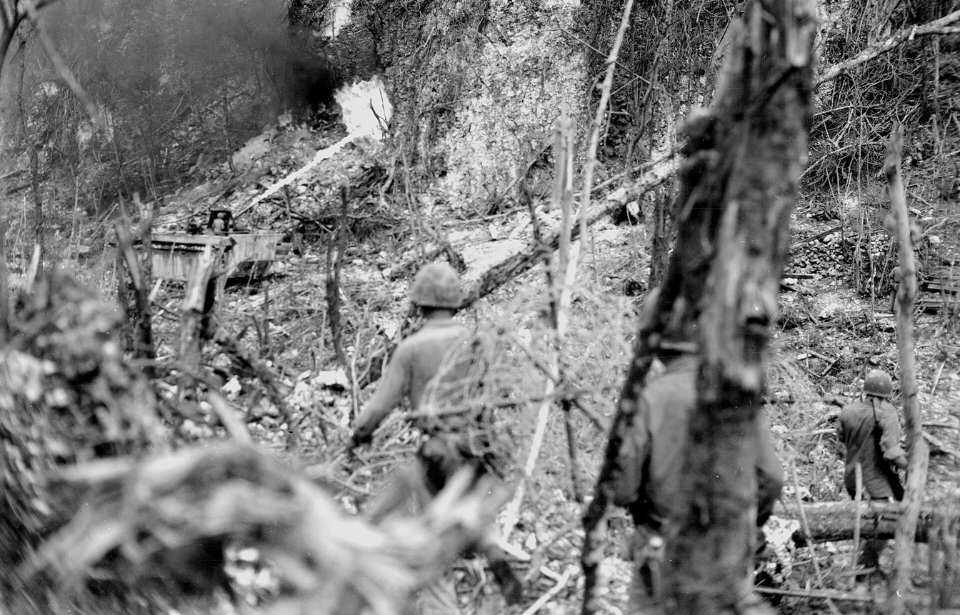Eighty years after the bloody Battle of Peleliu, the Japanese government plans to exhume over 1,000 war dead from the Pacific island. The country’s Health, Labor and Welfare Ministry has announced that the exhumation of the deceased Japanese troops will begin on December 8, 2024.
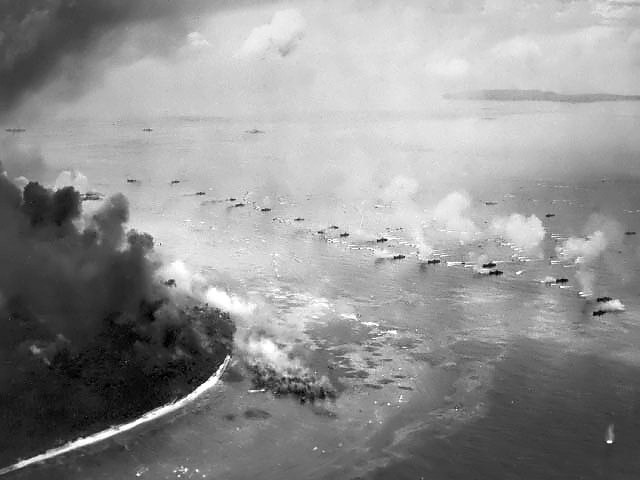
Occurring between September-November 1944, the Battle of Peleliu was dubbed “the bitterest battle of the war for the Marines,” given the amount of casualties the American forces suffered: over 2,000 dead and 8,500 wounded.
The engagement, which ended in a US victory, saw the Japanese suffer even more war dead, with that total estimated at over 12,000. Just 450 survived. Of the deceased, 2,400 have yet to have their remains repatriated back to Japan.
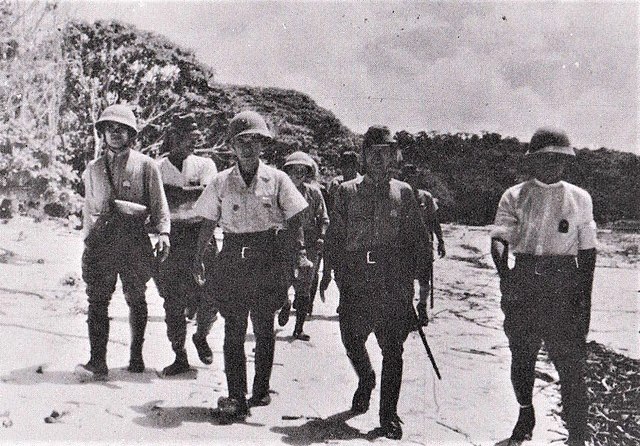
American documents state the remains of 1,086 Japanese soldiers are buried on Peleliu, which is today part of the Palau Islands. A memorial group formed by the families and comrades of the Imperial Japanese Army’s (IJA) 2nd Regiment, Mito Infantry, has spearheaded the campaign, after getting a map of the burial site from the US Navy Seebee Museum.
The Japan Association of Recovery and Repatriation of War Casualties began an investigation into the burial site after the Health, Labor and Welfare Ministry received the document from the group. Since the summer of 2023, excavations have occurred at over 10 areas of the site, with the skeletal remains of two individuals being unearthed in a once-heavily wooded area this past May.
The remains of five more soldiers were found in September 2024.
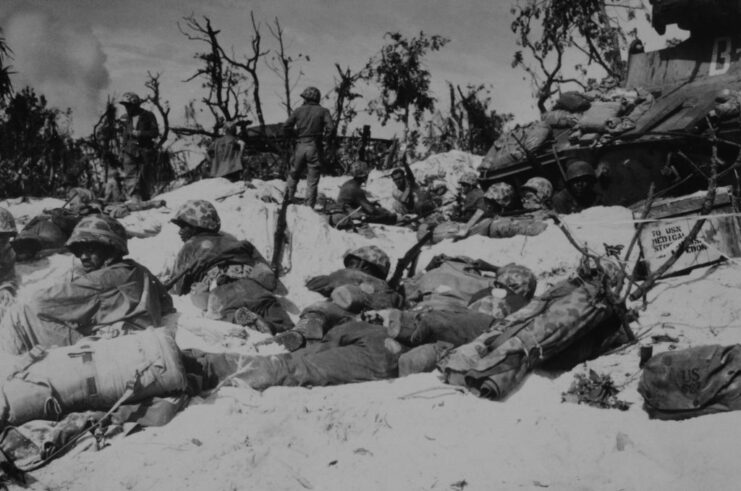
“The area around the site was covered in automobile wreckage and other debris, but there was nothing inside the area bounded by the iron stakes,” an official told the Asia News Network, referring to stakes that were placed at even intervals across a 900-square-meter site. “We were convinced that it was a burial site in a special space.”
The Japanese government began the recovery of approximately 2.4 million Japanese war dead in 1952, with an estimated 1.28 million brought home.
Teikyo University Professor Kazufumi Hamai, who has knowledge of the process, detailed the importance of returning the dead to their homes, saying, “Collecting remains is increasingly important to pass on the memory of the war to coming generations and face the horrors of the war. In order to return as many remains as possible to the surviving families, it is essential to make full use of scientific knowledge, such as DNA analysis.”
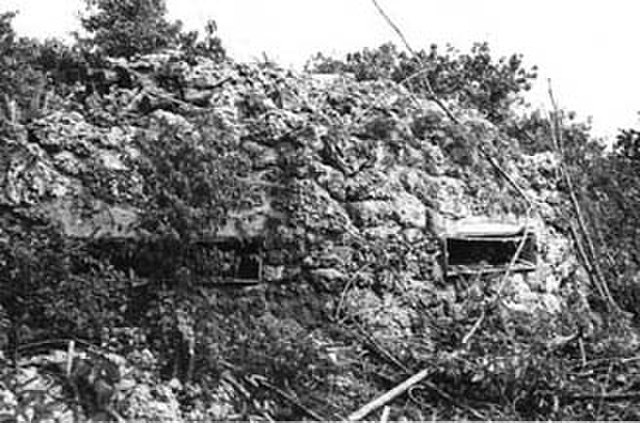
More from us: BBC Acquires Jacob Elordi-Led World War II Miniseries ‘The Narrow Road to the Deep North’
Want War History Online‘s content sent directly to your inbox? Sign up for our newsletter here!
A 24-person team will be sent to Peleliu to conduct the excavation.
